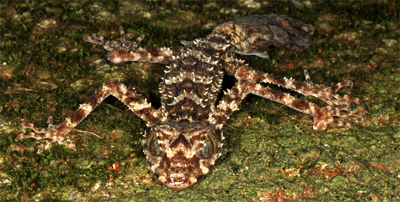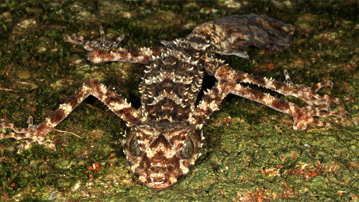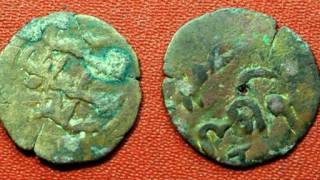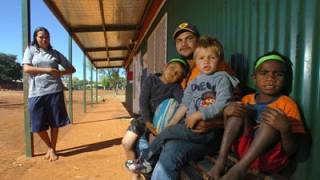’Lost world’ discovered in remote Australia
Source: ibtimes.com

Scientists have found a “lost world” on a remote Australian peninsula that revealed three new species believed to be at least one million years old.
The expedition, a collaboration between James Cook University and National Geographic, brought tropical biologist Conrad Hoskin and Harvard University researcher Tim Laman to the Cape York Peninsula in northeast Australia, where they discovered a new leaf-tail gecko, a golden-colored skink and a boulder-dwelling frog, Agence France-Presse reports.
"All the animals from Cape Melville are incredible just for their ability to persist for millions of years in the same area and not go extinct. It’s just mind-blowing," Hoskin said about the isolated rainforest that sits on top of rugged boulders.
The team accessed the remote mountain range by helicopter. While the base of the boulders had been previously explored, little is known about the world on top of the granite blocks seen only with satellite imagery.
"The top of Cape Melville is a lost world. Finding these new species up there is the discovery of a lifetime -- I’m still amazed and buzzing from it," Hoskin told AFP about the nine-mile rainforest range surrounded by granite boulders. "Finding three new, obviously distinct vertebrates would be surprising enough in somewhere poorly explored like New Guinea, let alone in Australia, a country we think we’ve explored pretty well."
During the first day of the expedition, the scientists discovered a new species of skink, a kind of lizard. The golden-brown skink, known as Saproscincus saltus, only lives in the rainforest plateau, as described in the journal Zootaxa.
[...]
Read the full article at: ibtimes.com






















